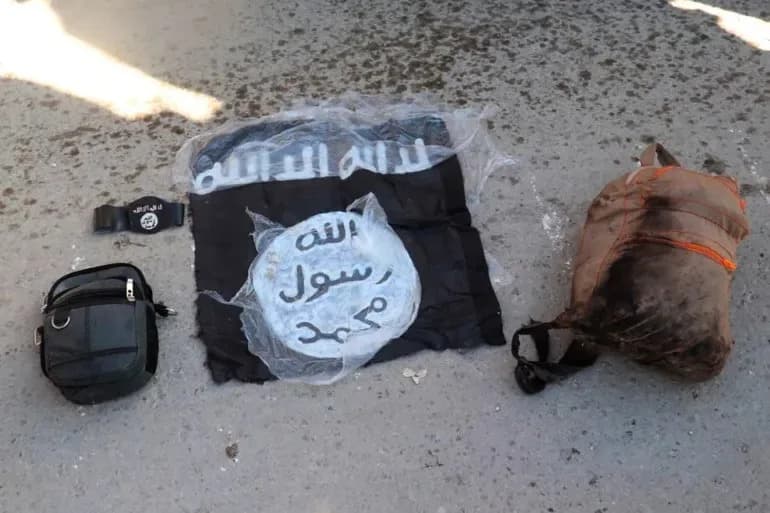The Independent Commission on UK Counter‑Terrorism Law, Policy and Practice urges the UK to enable voluntary repatriation of Shamima Begum and other British‑linked individuals held in Syrian camps, citing "inhuman" living conditions in al‑Hol and al‑Roj. The report estimates 55–72 UK‑linked detainees remain, including 30–40 children, and warns that the UK's reluctance to repatriate makes it an outlier among comparable states. It calls for a coherent, humane, and security‑aware repatriation strategy to meet international obligations and protect long‑term public safety.
Report Urges UK to Repatriate Shamima Begum and Other British Nationals from Syrian Camps

Independent commission calls for voluntary, security‑aware returns
The Independent Commission on UK Counter‑Terrorism Law, Policy and Practice has recommended that the UK government actively facilitate the voluntary repatriation of former ISIL member Shamima Begum and other people deprived of British nationality who remain in detention camps in north‑east Syria.
The commission described the government's current approach to nationals and former nationals held in camps as "increasingly untenable," given widely reported "inhuman" conditions. Quoting United Nations findings, the report highlights that camps such as al‑Hol and al‑Roj are "inhuman, dangerous, and degrading," and that many detainees—particularly women and children—are victims of coercion, trafficking or exploitation, even where some have been involved in terrorism‑related activity.
"The government should facilitate voluntary repatriation for British nationals, including those deprived of British nationality," the commission said, arguing that "a coherent, humane, and security‑conscious repatriation strategy would strengthen compliance with international obligations and promote long‑term public safety and social stability."
Begum's case has become central to the UK's policy of revoking citizenship for people who joined armed groups in Syria. Begum left London in 2015 as a 15‑year‑old with two school friends and later married an ISIL fighter. She gave birth to three children, all of whom died in infancy. Her British citizenship was revoked in 2019 soon after she was found in a detention camp; she challenged the decision but an appeal was dismissed in February 2024. Born in the UK to Bangladeshi parents, Begum does not hold Bangladeshi citizenship. She has acknowledged joining a proscribed organisation and has publicly expressed remorse.
The commission estimates that between 55 and 72 UK‑linked individuals remain in camps and other detention centres in Syria, including 30–40 children. The report warns that the UK's reluctance to repatriate nationals, including those stripped of citizenship, leaves it an outlier among comparable countries and could be counterproductive to long‑term security interests.
It also notes international and regional pressures—including calls from the US for countries to repatriate their nationals, changes in the Syrian regime, and repatriations by other states—that increase the likelihood the UK may need to adopt a formal repatriation programme to avoid leaving camps to become a long‑term security and humanitarian problem.
Recommendations and implications
The commission recommends that the government develop a clear, humane, and security‑conscious repatriation strategy that meets international obligations, protects public safety, and supports social reintegration where appropriate. Such a strategy, the report argues, would better manage security risks and address the urgent humanitarian situation in the camps.
Help us improve.




























